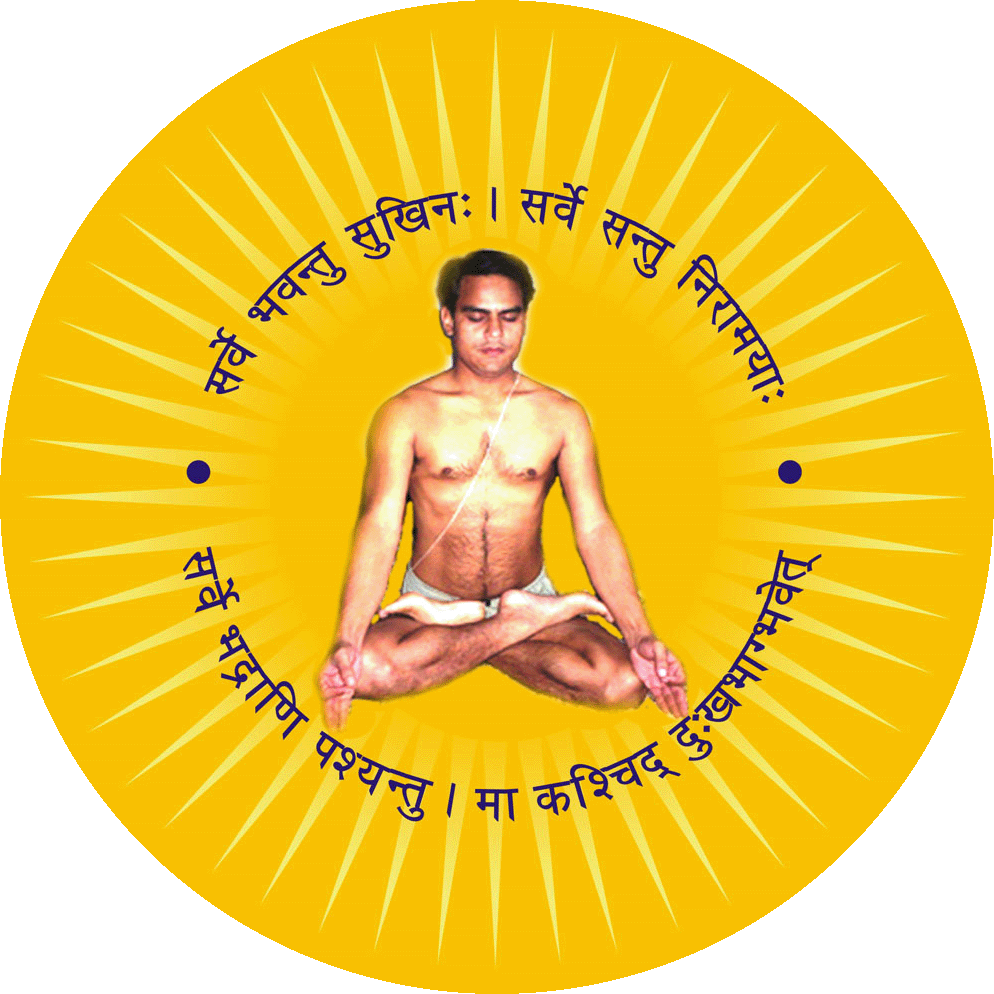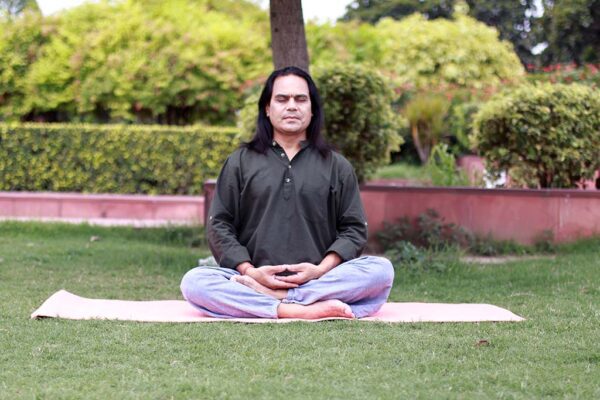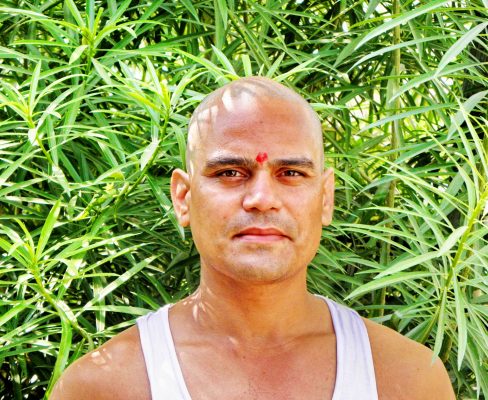Namaste dear friends,
Following is the third Mantra of Isha Upanishad, and same is mentioned in Shukla Yajurveda’s 40th chapter in third number, which is extremely enlightening.
असुर्या नाम ते लोका अन्धेन तमसाऽऽवृताः।
ताँस्ते प्रेत्याभिगच्छन्ति ये के चात्महनो जनाः॥३॥ ईशोपनिषत्
asurya naam te loka andhen tamasaavrtaah.
taanste pretyaabhigachchhanti ye ke chaatmahano janaah.
– 3, Isha Upanishad
इन – मनुष्यलोक, पितृलोक, देवलोक (शिवलोक, वैकुण्ठ, गोलोक, साकेत, ब्रह्मलोक, स्वर्गलोक, इत्यादि), और आत्मलोक अथवा सत्यलोक, के इतर कई और लोक हैं, जिन्हें “असुरलोक” कहते हैं, जो अंधकार और तमस से आवृत्त हैं। मृत्यु के पश्चात वे मनुष्य उन अंधकारपूर्ण और तामसिक ‘असुरलोको’ में जाते हैं जो आत्महत्या करते हैं।
ईशोपनिषद और शुक्लयजुर्वेद में वर्णित इस ऋचा के मंत्रद्रष्टा ऋषि, दध्यङ्ग आथर्वण ऋषि, का तात्पर्य है कि वे, जो आत्मा के इतर किसी और देवता की उपासना करते हैं, आत्महंता होते हैं, वे अपनी ही आत्मा की हत्या करने वाले होते हैं, और वे लोग मृत्यु के पश्चात प्रेत बनकर ‘असुरलोकों’ में निवास करते हैं। फिर जब कर्म विपाक होता है तो पुनः पृथ्वी लोक में आकर मनुष्य अथवा किसी और योनि में जन्म ग्रहण करते हैं। यदि मनुष्य जन्मग्रहण करने के पश्चात भी आत्मा की उपासना छोड़ किसी और की उपासना करते हैं तो पुनः प्रेत बनकर भटकते फिरते हैं। अतः आत्मज्ञान, आत्मोपसना, आत्मोत्थान, आत्मकल्याण ही श्रेय है अन्य सब प्रेय तो इसी धरती पर छूट जानी है, केवल दिव्य अथवा अदिव्य आत्मा ही मृत्यु के पश्चात संग होती है। अपनी आत्मा को दिव्य बनाएं, इसके ऊपर से सभी मल, विक्षेप, आवरण को नष्ट करके आत्मनिष्ठ हो शांत, दन्त, उपरत, तितिक्षु, समाहित चित्त होकर इस जगत में विहार करें।

ईशोपनिषद और शुक्लयजुर्वेद में वर्णित इस ऋचा के मंत्रद्रष्टा ऋषि, दध्यङ्ग आथर्वण ऋषि, का तात्पर्य है कि वे, जो आत्मा के इतर किसी और देवता की उपासना करते हैं, आत्महंता होते हैं, वे अपनी ही आत्मा की हत्या करने वाले होते हैं, और वे लोग मृत्यु के पश्चात प्रेत बनकर ‘असुरलोकों’ में निवास करते हैं। फिर जब कर्म विपाक होता है तो पुनः पृथ्वी लोक में आकर मनुष्य अथवा किसी और योनि में जन्म ग्रहण करते हैं। यदि मनुष्य जन्मग्रहण करने के पश्चात भी आत्मा की उपासना छोड़ किसी और की उपासना करते हैं तो पुनः प्रेत बनकर भटकते फिरते हैं। अतः आत्मज्ञान, आत्मोपसना, आत्मोत्थान, आत्मकल्याण ही श्रेय है अन्य सब प्रेय तो इसी धरती पर छूट जानी है, केवल दिव्य अथवा अदिव्य आत्मा ही मृत्यु के पश्चात संग होती है। अपनी आत्मा को दिव्य बनाएं, इसके ऊपर से सभी मल, विक्षेप, आवरण को नष्ट करके आत्मनिष्ठ हो शांत, दन्त, उपरत, तितिक्षु, समाहित चित्त होकर इस जगत में विहार करें।

The seer of this mantra is Sage Dadhyanga Aatharwan. This mantra is mentioned in Isha Upanishad as also in Shukla Yajurveda (40/3). The seer of this mantra, saw the people very clearly, who transmigrated from human beings into ghosts, who reside in utter darkness, gloominess, restlessness, thirst, hunger, violence, diseases, poverty, etc. Those were the people who didn’t heed their Atman (Soul) but the sensual pleasures, They worshiped and adored the deities who are capable to bestow only the material benedictions and benefits but not Atma-Gyan (Self Enlightenment). This is Atman only who/which can bestow the Enlightenment, thereby improve the conditions of life. Self enlightened ones live the span of time happily during the current lifetime as also to come after death. Such enlightened ones never undergo the negative realms.
Buddha would say, there are no outer Guru or deities who can purify and transform your soul, but you yourself. Once your soul is purified and transformed the life becomes Divine, the Divinity naturally begins to flow. People acknowledge your divinity in your thoughts, words, speech, and actions. All these divinities are not imposed or copied but born of your own Soul.

All truly enlightened ones were self enlightened, self motivated, self improved, self dependent, and self established. Their Selves were not limited or confined to any trivial things, ones and places, but Infinite and Omnipresent.
People can move towards this Atman, who/which is ONE in everyone be than human being or celestial beings, or other sentient beings, by discarding ego self, individuality, and all which confine one, which limit and inhibit one. Such people is welcomed everywhere as their self includes all, pervades all without limitation and discrimination.

Upanishad focus and emphasize on such Atman only who/which is without and within all corporeality, feelings, perceptions, mental formations, emotions, consciousness. All beings are moved and controlled by this ONE ATMAN. Katha Upanishad says the same thing with following verses:
एको वशी सर्वभूतान्तरात्मा
एकं रूपं बहुधा यः करोति ।
तमात्मस्थं येऽनुपश्यन्ति धीराः
तेषां सुखं शाश्वतं नेतरेषाम् ॥ 2,2,12॥नित्योऽनित्यानां चेतनश्चेतनानाम्
एको बहूनां यो विदधाति कामान् ।
तमात्मस्थं येऽनुपश्यन्ति धीराः
तेषां शान्तिः शाश्वती नेतरेषाम् ॥ 2,2,13 ॥
एकं रूपं बहुधा यः करोति ।
तमात्मस्थं येऽनुपश्यन्ति धीराः
तेषां सुखं शाश्वतं नेतरेषाम् ॥ 2,2,12॥नित्योऽनित्यानां चेतनश्चेतनानाम्
एको बहूनां यो विदधाति कामान् ।
तमात्मस्थं येऽनुपश्यन्ति धीराः
तेषां शान्तिः शाश्वती नेतरेषाम् ॥ 2,2,13 ॥
eko vashee sarvabhootaantaraatma
ekan roopan bahudha yah karoti .
tamaatmasthan yenupashyanti dheeraah
teshaan sukhan shaashvatan netareshaam . 2,2,12.
ekan roopan bahudha yah karoti .
tamaatmasthan yenupashyanti dheeraah
teshaan sukhan shaashvatan netareshaam . 2,2,12.
nityonityaanaan chetanashchetanaanaam
eko bahoonaan yo vidadhaati kaamaan .
tamaatmasthan yenupashyanti dheeraah
teshaan shaantih shaashvatee netareshaam . 2,2,13 .
eko bahoonaan yo vidadhaati kaamaan .
tamaatmasthan yenupashyanti dheeraah
teshaan shaantih shaashvatee netareshaam . 2,2,13 .
Om!
– Yogi Anand
















